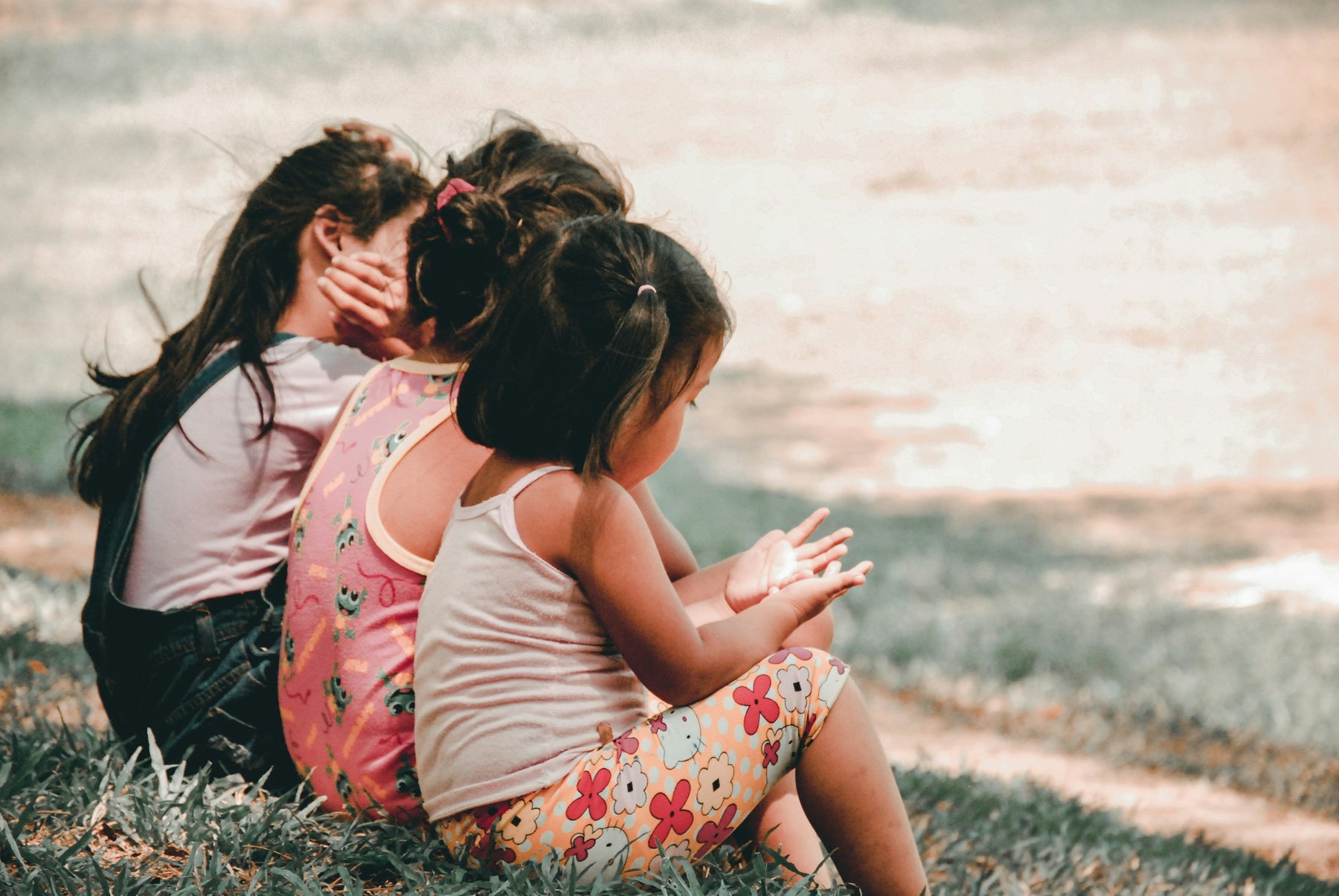
Learning Social Skills for Children with Autism
Teach them play skills
Play skills are important so that your child can understand when to take turns or share. It can also teach them that in some games there are rules and ‘winners’ and ‘losers’ and that this is okay. You could play board games or games on their tablet with them. You could play ball games. You could pretend play with a doll. There are lots of games that can help with building confidence and social skills.

Use and demonstrate social stories
Social stories can be used for lots of different scenarios and can help to teach behaviours and understand feelings. They can also help your child to cope with unexpected changes and regulate their emotions.
Talk about emotions and how to manage them
Managing emotions and understanding how others feel is important when learning to socialise. Social stories can be particularly helpful here and there are lots of examples online or you can create your own. For example, your child might feel frustrated by sharing a toy and this feeling can be broken down in a social story. Teach them how to manage their emotions by having strategies in place when they are upset or overwhelmed. It might be a quiet space or a fidget toy. Whatever works for your child.
You child might also find it difficult to understand the feelings of other children and stories can help them understand.
Consider their sensory needs
Socialising with others might include being somewhere that your child feels is too loud or too busy. Consider their sensory needs and any aids that might help and comfort them, for example, ear defenders or a favourite toy.
Use role play
Role play can be a great preparation tool and help your child to learn expected and unexpected behaviour in different scenarios. For example, you could practice going to the park, who you might meet and what you might see on your journey and when you have arrived.
Let your child watch and observe by using videos
Let your child watch videos of certain situations to help them understand what to expect and lessen their anxiety. For example, your child might need to go to see an optician and a video of another child doing so might help to explain how an appointment works.
Make sure school is ‘on the same page’
It’s important that you work together with your child’s school to support them to learn social skills together. You can share ideas and strategies, and these can be practiced in the home and school environment.

